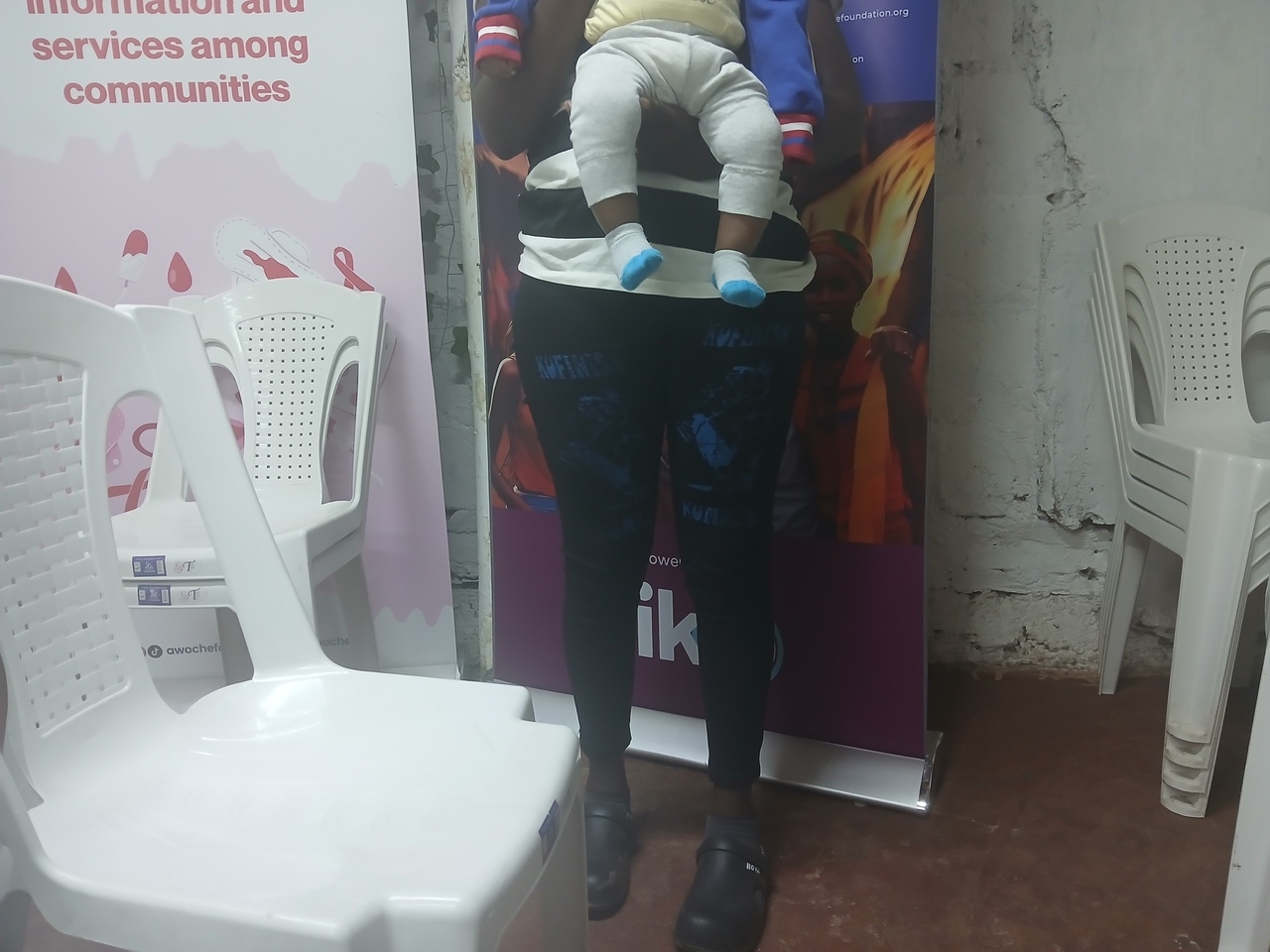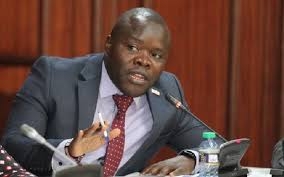The Deputy High Commissioner of India to Kenya Rohit Vadhwana has urged Kenyans to not view yoga as a practice that is only about bending the body.
He said they should rather see it as a combination of breathing and meditation techniques and with a proper focus on energy, unites body movements.
Speaking during the ninth International Day of Yoga event that was held at the United Nations Complex in Nairobi on Wednesday, Vadhwana said that each Yoga pose is a science in itself.
“The word “Yog” means “union” and that is why we are here to unite our thoughts, minds and bodies together,” he said.
“The importance of yoga cannot be narrated in a few words as we are all aware of its benefits in terms of health, its universal acceptance, its contribution of harmony to individuals and towards world peace.”
The United Nations declared June 21 as a day to commemorate the International Day of Yoga in December 2014, through a resolution proposed by India and endorsed by 175 member states.
Vadhwana further noted that Yoga is an ancient Indian practice that has 8.4 million documented poses.
He encouraged those who failed to prepare resolutions at the beginning of the year, to start developing them as June 21, is considered the longest day within the hemisphere.
“Millions of people perform yoga today. The universal benefit of this intense practice of yoga has been recognised by everyone,” he said.
“This practice has been adopted by millions as part of their lifestyle. Let’s make yoga a part of our lifestyle, embrace this practice that is benefitting millions of people and helping them in adopting and changing their way of living.”
Representing UN Secretary General António Guterres, WFP Kenya representative and country director Lauren Landis noted that in a divided world, the benefits of this ancient practice are particularly precious.
Yoga, she said, offers a haven of calm as it can reduce anxiety, and promote mental well being as it helps develop discipline and patience.
“Yoga unites body and mind, humanity and nature and millions of people across the globe for whom it is a source of strength, harmony and peace,” Landis added.
“It connects us to our planet that so badly needs our protection. As it reveals our humanity, it helps us understand that despite our differences, we are one. On this international day of yoga let us embrace the spirit of unity and resolve to build a better, more harmonious world for people, the planet at large and ourselves.”
The participants of the event were taken through a 30 minutes yoga session by DR Kapil Dev Kesari.
He noted that those interested in practicing yoga can sign up as the Indian High Commission offers free classes, three days a week.
The World Health Organization mentions yoga as a means to improve health in its Global Action Plan on physical activity 2018 – 2030.
The WHO Global Action Plan 2018-2030 says that regular and adequate physical activity reduces the risk of many non-communicable diseases and conditions such as heart disease, stroke, diabetes, breast, and colon cancer.
Physical activities also help to prevent hypertension, obesity and overweight and can improve mental health, quality of life, and well-being.
However, the Global Action Plan indicates that 1 in 4 adults and 3 in 4 adolescents (aged 11-17 years) do not meet the current global recommendations for physical activity by WHO.
















